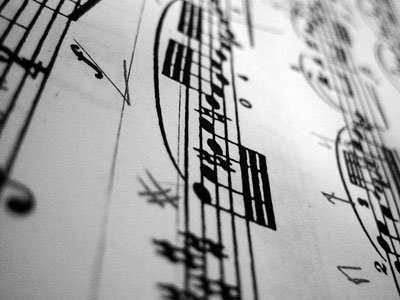All Nonfiction
- Bullying
- Books
- Academic
- Author Interviews
- Celebrity interviews
- College Articles
- College Essays
- Educator of the Year
- Heroes
- Interviews
- Memoir
- Personal Experience
- Sports
- Travel & Culture
All Opinions
- Bullying
- Current Events / Politics
- Discrimination
- Drugs / Alcohol / Smoking
- Entertainment / Celebrities
- Environment
- Love / Relationships
- Movies / Music / TV
- Pop Culture / Trends
- School / College
- Social Issues / Civics
- Spirituality / Religion
- Sports / Hobbies
All Hot Topics
- Bullying
- Community Service
- Environment
- Health
- Letters to the Editor
- Pride & Prejudice
- What Matters
- Back
Summer Guide
- Program Links
- Program Reviews
- Back
College Guide
- College Links
- College Reviews
- College Essays
- College Articles
- Back
Ramadan MAG
Ramadan is a Muslim holiday, but it is not a holiday in the general sense of the word. In fact, it’s not even a day, it’s an entire month. Considered the holiest month of the year, Muslims believe this is when the Holy Quran was “sent down from Heaven, a guidance unto men” (holidays.net).
During Ramadan, Muslims are expected to fast (abstain from food and drink) from sunrise to sunset, which is at least 12 hours each day. Ramadan is one of the months in the Islamic lunar calendar. Unlike the Gregorian calendar, which uses the sun as its guide, the Islamic calendar uses the moon. While months in the Gregorian calendar usually have 30-31 days, months in the lunar calendar have 29-30 days. This might not seem like much of a difference, but having one or two fewer days in the month means having 12-13 days less than the Gregorian calendar each year. So if a month falls on a certain day this year, next year that month falls on a day that is 12-13 days earlier than the previous year. These days add up and after a few years the month that fell in spring a few years ago now happens during the winter, and so on.
Because of this inconsistency Muslims don’t really develop a seasonal recognition of Ramadan. Whereas Americans might see Santa and think of winter, you can’t do that with Ramadan. There were many lunar calendars before the Gregorian calendar was discovered, and even though there has been tremendous pressure for Muslims to abandon their calendar, they refuse. If you think about it, there is a lot of wisdom to the tradition: If Ramadan always fell in the winter in the northern hemisphere, and in the summer in the southern hemisphere, then people in the southern hemisphere would be fasting a lot more than their counterparts in the north and Ramadan would be more difficult for them. Because it changes, people in both hemispheres get to experience Ramadan in different seasons, making it more fair.
After fasting from sunrise to sunset, a Muslim usually has a large dinner to break fast. There are many reasons to fast, including the Muslim tradition. Other reasons include self-control. If a person is able to abstain from eating or drinking for that amount of time, he learns to control his desires and temptations and thus has greater self-control.
Ramadan is similar to other holidays in that family and friends get together and break fast together. It increases the bond between family, and overall is a fun and fulfilling experience both emotionally and spiritually.

Similar Articles
JOIN THE DISCUSSION
This article has 1 comment.
